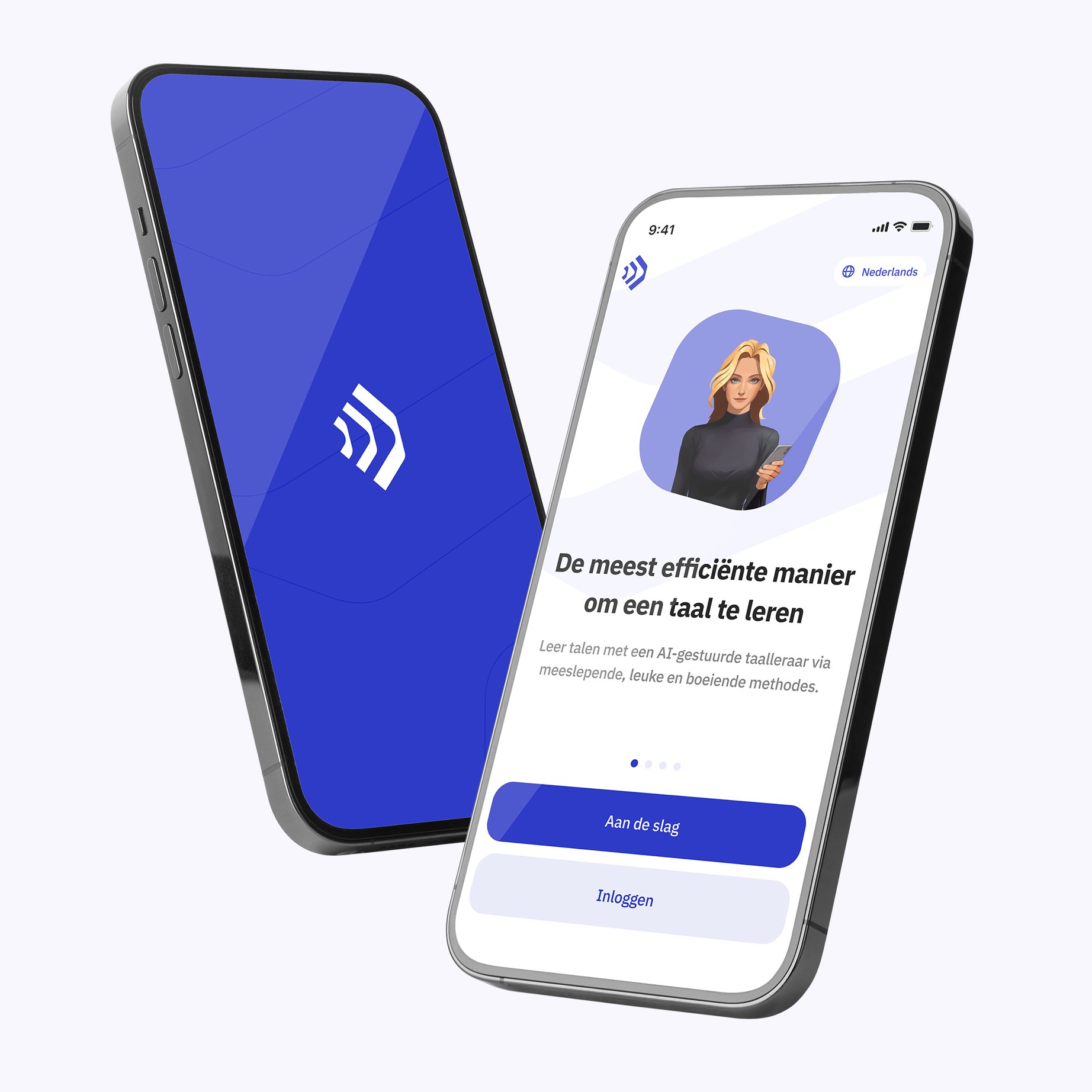Dit artikel bevat oefeningen specifiek gericht op het gebruik van betrekkelijke voornaamwoorden in het Engels om Nederlandssprekende studenten te helpen hun begrip en gebruik van deze grammatiale structuren te verbeteren. Door middel van invuloefeningen kan de leerling de kennis in de praktijk brengen en beproeven.
Oefening 1: Voeg het juiste relatieve voornaamwoord toe
The book *which* (that/which) you lent me is fascinating.
This is the director *whom* (who/whom) I told you about.
They visited the museum *that* (that/which) is open on Sundays.
I have a friend *whose* (whose/who’s) cat is absolutely adorable.
The results of the study, *which* (that/which) were published yesterday, are remarkable.
The car *that* (who/that) he bought last week is already broken.
She contacted a specialist *who* (whom/who) can fix her computer program.
That’s the baker *whose* (whose/who’s) bread is the best in town.
The vacation spots *which* (that/which) we are considering all look amazing.
The movie *that* (who/that) you recommended was so interesting.
She’s looking for someone *who* (whom/who) shares her interest in art.
I’ll never forget the day *when* (where/when) we first met.
There’s a restaurant in Paris *where* (when/where) they serve the best croissants.
This is the reason *why* (how/why) the system failed.
He owns a collection of rare books, *some* (few/some) of which are first editions.
Oefening 2: Kies het juiste betrekkelijke voornaamwoord in complexe zinnen
The athlete, *who* (who/whom) had been injured, couldn’t finish the race.
My neighbor, *whose* (whose/who’s) dog always barks at night, is moving out soon.
They bought an old farmhouse *which* (that/which) they plan to renovate.
This is the author *whose* (who’s/whose) books you really enjoy.
The company *that* (who/that) she works for is very successful.
The package *which* (that/which) arrived this morning is for you.
We need to find a solution *which* (whose/which) will satisfy everyone.
The teacher to *whom* (who/whom) you gave the report liked your ideas.
The concert *which* (who/which) we went to was incredibly loud.
She has an opinion on every topic, *some* (some/one) of which are quite controversial.
The period *during* (in/during) which he lived in Spain was the happiest of his life.
The road *along* (by/along) which we drove was lined with beautiful trees.
My aunt, in *whose* (whose/whom) house we stayed, made us feel very welcome.
He mentioned several cases, none *of* (of/for) which I had heard before.
The students, all *of* (the/of) whom had studied hard, passed the exam.










